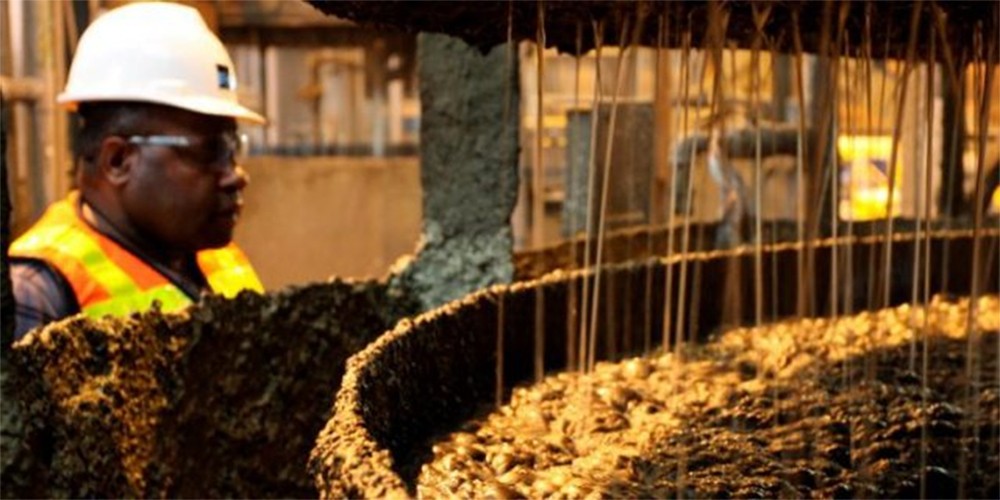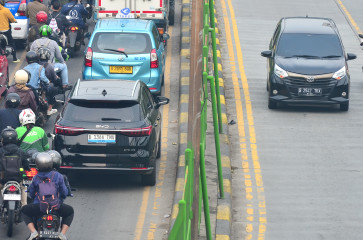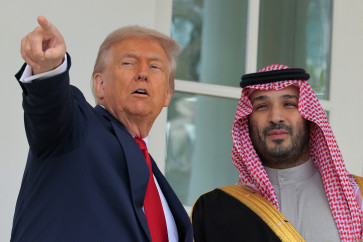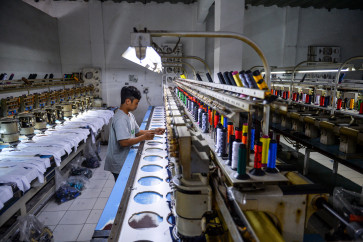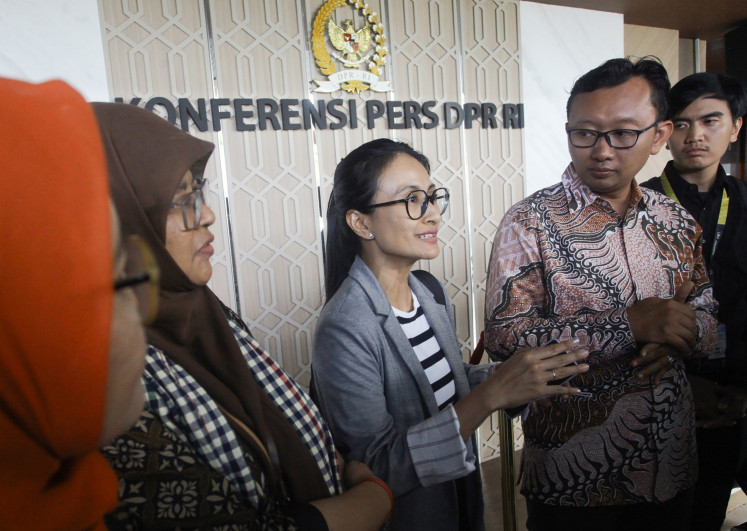Popular Reads
Top Results
Can't find what you're looking for?
View all search resultsPopular Reads
Top Results
Can't find what you're looking for?
View all search resultsMining Law revision hoped to stoke slow smelter progress
The government hopes the revised 2009 Mining Law permits companies that have made significant progress in smelter development to continue exporting semifinished mineral products, although miners say such a move will instead create another policy flip-flop.
Change text size
Gift Premium Articles
to Anyone
T
he government hopes the revised 2009 Mining Law permits companies that have made significant progress in smelter development to continue exporting semifinished mineral products, although miners say such a move will instead create another policy flip-flop. Prevailing law prohibited the export of unprocessed mineral ore in 2015 in hopes that it would push development of the downstream sector. However, the ban was pushed back until Jan. 11, 2017, due to complaints from the mining industry that the ban was a hasty move.
However, smelter development remains sluggish even with the clock ticking until full implementation four months later and the government seems to be under pressure once more.
Although the revised draft will be proposed by the House of Representatives, as stated in the national priority legislation program (Prolegnas), interim energy and mineral resources minister Luhut Pandjaitan has appealed to Commission VII to consider allowing some companies to continue exporting semifinished products past the deadline in the new bill.
Luhut, who is also the coordinating maritime affairs minister, explained that several companies had stopped construction of its smelters because it was no longer economically viable with the export ban in place.
“Let’s look at the companies that might have already completed 25 or 35 percent of construction but stopped because of their cash flow. If we look at it fairly, we can relax the ban for a limited amount of time,” he said during a recent hearing.
“This is not just their fault, but it is also ours. The 2009 law was only implemented in 2014 and it was impossible for [mining companies] to invest so much in building smelters during a time when commodity prices were dropping.”
The law revision is highly anticipated, especially since the ban on raw mineral exports will be implemented at the beginning of 2017. The ban’s purpose is to encourage smelter development to strengthen the industry’s downstream sector. The development is expected to reduce the country’s reliance on imports and give added value to the industry.
Prevailing regulation stipulates that mining firms working on smelter projects must deposit 5 percent of their total investment in local banks as collateral to ensure the development continues. The surety bonds are a prerequisite for the firms to obtain permits to export semifinished mineral products, a permit that can be extended every six months.
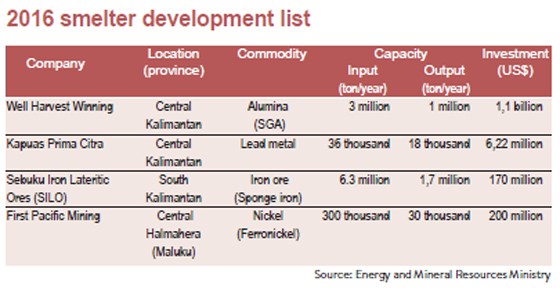 Smelter List(Energy and Mineral Resources Ministry/-)
Smelter List(Energy and Mineral Resources Ministry/-)
Commission VII legislator Fadel Muhammad was optimistic the revision could be completed by the end of the year. “Right now we are compiling what are the main issues [in the prevailing law]. So far, we have found 12 main problems and are discussing the solutions,” the Golkar Party lawmaker said, adding that almost 60 percent of the revision had been completed.
Fadel explained among changes Commission VII wanted to see was a revision to the rule stipulating that companies could only propose a contract extension two years before the deadline. “We are trying to figure out a way to make it so that [they can apply for an extension] five years beforehand,” he said.
Meanwhile, Processing and Smelting Companies Association (AP3I) deputy chairman Jonatan Handjojo said any attempt at relaxing the export ban could result in a bad reputation in the eyes of investors.
“The government would be well-advised to reconsider this discourse. This is because [smelter development] requires large investment and investors that have already put their money here may become upset,” he said.
Twenty seven smelter facilities have been constructed between 2012 and 2016, with total investment of around US$12 billion, according to data from AP3I.
January 12, 2009
President Susilo Bambang Yudhoyono signs Law No. 4/2009 on minerals and coal mining. Articles 103 and 170 oblige holders of mining licenses/special mining licenses and contracts of work to process and refine or smelt their production in the country by the latest five years after the law is put into effect (Jan. 12, 2014).
2014
The government gives an additional three years, until 2017, for companies to continue to export semi-finished products, such as concentrates, if they pledge to build smelters.
October 2, 2014
The discourse on revising Law No. 4/2009 emerges after the passage of Law No. 23/2014 on regional government stipulating regional governments no longer have the authority to issue and revoke mining licenses
January 25, 2016
Draft on the revised Mining Law is handed over by the government to the House of Representatives
February 11, 2016
Revised Mining Law is included in the 2016 National Legislation Program to be passed during the year
From various sources compiled by The Jakarta Post

